Answering 5 Questions About Hotel Construction
This article delves into the intricate world of hotel construction, addressing numerous questions that often arise during the planning, designing, and building stages. From selecting a location to understanding the environmental impact, the aim is to provide comprehensive insights into the intricacies of constructing a hotel. Hotel construction is a unique intersection of aesthetics, functionality, and regulation that demands a holistic approach. With the hospitality industry continuously evolving, understanding the nuances of hotel construction is more critical than ever. Whether you are a developer, architect, or simply interested in the subject, this article aims to equip you with valuable knowledge.
1. What Factors Influence Hotel Location Selection?
Market Demand and Trends
Choosing the right location for a hotel involves a thorough understanding of market demand and trends. Developers must analyze the regional dynamics to predict where tourism or business travel is expected to grow. Identifying areas with potential for high occupancy rates is crucial. Current trends, such as the rise of boutique hotels or eco-tourism, also influence decisions. Regular market analyses provide valuable insights, ensuring that chosen locations capitalize on existing demands.
Proximity to Attractions
The proximity of potential hotel sites to attractions plays a significant role in location selection. Hotels located near popular tourist destinations or business districts naturally attract more visitors. This convenience benefits both leisure and business travelers, satisfying their desire for easy access to key sites. Strategic positioning can increase room occupancy and revenue, making it a high priority for developers. Consequently, thorough research into nearby attractions and their influence on visitor rates is vital.
Infrastructure and Utilities Support
The availability of supportive infrastructure and utilities significantly influences hotel location choices. Adequate water supply, reliable power sources, and sewage systems are fundamental needs. These infrastructure elements must meet both current and future hotel operational demands. Accessibility to these services can also affect the construction timeline and overall cost. Properly assessing potential sites ensures that infrastructure can support a hotel's operations efficiently and sustainably.
2. What are the Key Design Considerations?
Architectural Style and Aesthetics
Designing a hotel involves incorporating an architectural style that resonates with the intended guest experience and the surrounding environment. The aesthetic should align with the brand's identity, be it modern, minimalist, or traditional. The external facade and internal design elements need to create a captivating visual appeal. Harmony between functional spaces and aesthetic design is critical to ensuring guest satisfaction. This balance is further emphasized by integrating local cultural or architectural motifs.
Room Layout and Functionality
Room layout and functionality play a central role in hotel design. These aspects determine the guest experience on a fundamental level. Decisions about room size, furnishings, and amenities impact comfort and convenience. Thoughtful design ensures that spaces are both inviting and practical, with everything from plumbing to lighting positioned optimally. Each room should seamlessly blend comfort with functionality to suit diverse guest needs.
Compliance with Safety Standards
Ensuring compliance with safety standards is paramount during the hotel design process. This includes incorporating fire safety measures, secure structures, and accessibility features. Adhering strictly to building codes and regulations avoids legal issues and ensures guest safety. Notably, the rise of modular construction in hospitality has heightened the need for rigorous compliance. According to Dodge, as reported in Exploding Topics, roughly 43% of architects and engineers and 29% of general contractors and construction managers said that hotels were the fastest growing industry for modular construction. With this growth, partnering with experienced professionals becomes even more essential to maintain safety and reduce potential risk factors.
3. How is Financing Secured for Hotel Construction?
Identifying Potential Investors
Securing financing for hotel construction often begins by identifying potential investors. This may involve individuals, corporations, or investment groups interested in the hospitality sector. Investors seek opportunities with promising returns, necessitating robust business plans and market analysis. Crafting compelling proposals that highlight potential growth and profitability is essential. Strategic partnerships with investors can provide financial support and expertise, driving project success.
Understanding Loan and Mortgage Options
Understanding loan and mortgage options is crucial when financing hotel construction. Banks and financial institutions offer various products tailored to hotel development. Interest rates, terms, and conditions vary, requiring careful evaluation. Developers often work with financial advisors to choose the most suitable financing structure. Securing favorable loan terms helps manage costs and maintain financial stability throughout the construction phase.
Budgeting and Financial Planning
Effective budgeting and financial planning are essential for managing construction costs and ensuring project success. This involves estimating expenses from land acquisition to post-construction operations. Thorough financial planning anticipates potential overruns by incorporating contingency funds. Regular budget reviews and adjustments maintain project alignment with financial objectives. Collaborating with financial experts ensures accurate forecasting and sound financial management.
4. What are the Challenges in Hotel Construction?
Project Timeline Management
Managing the project timeline effectively remains a consistent challenge in hotel construction. Timely completion impacts budget, investor confidence, and market positioning. Delays can arise from unforeseen circumstances, inadequate planning, or supply chain disruptions. Employing experienced project managers helps mitigate such risks and keeps timelines on track. Regular progress assessments and proactive adjustments ensure adherence to set timelines.
Labor and Material Procurement
The procurement of labor and materials is another notable challenge in hotel construction. Skilled labor shortages can cause delays, and fluctuating material costs may inflate budgets. Engaging reliable suppliers and contractors minimizes these risks, ensuring timely delivery and quality adherence. Developing strong relationships with vendors fosters consistency and reliability throughout the construction phase. Detailed procurement strategies help address these challenges effectively.
Environmental Impact and Considerations
Hotel construction must carefully consider environmental impacts, both locally and globally. Eco-friendly building practices are becoming more critical, with greater emphasis on reducing carbon footprints. Site selection, construction methods, and materials must align with environmental considerations. Developers employ sustainable practices, mitigate environmental risks, and comply with relevant regulations. This responsibility not only respects the local ecosystem but also enriches brand reputation.
5. How is Technology Shaping Modern Hotel Construction?
Smart Building Technologies
Smart building technologies are transformative, reshaping modern hotel construction. These technologies enable automation of energy management, lighting, and security systems. Such innovations enhance operational efficiency and guest comfort, setting new industry standards. Hoteliers rapidly adopt these solutions to remain competitive and meet evolving guest expectations. Implementing these systems requires integrating hardware and software solutions during the design and construction stages, fostering innovation and efficiency.
Innovations in Construction Materials
Emerging innovations in construction materials are influencing hotel architecture significantly. New materials, like cross-laminated timber and high-performance concrete, offer durability and sustainability. Selecting superior materials enables stronger, longer-lasting structures, aligning with modern sustainability goals. These advanced materials similarly afford architectural flexibility, allowing for more creative design solutions. However, they often entail higher costs, requiring judicious budget allocation.
Security and Surveillance Technologies
Integrating cutting-edge security and surveillance technologies is essential in developing secure hotels. High-tech surveillance systems provide comprehensive monitoring and ensure guest safety, a top priority in hospitality. With technologies like facial recognition and smart card access, hoteliers can offer superior protection while enhancing guest experiences. Investing in robust security systems mitigates risks, reassuring guests and investors alike.
Thoughtful security planning during construction enhances both building integrity and operational efficiency.
Hotel construction is a multifaceted endeavor that requires balancing numerous factors from location and design to financing and sustainability. By addressing these critical questions, stakeholders can make informed decisions that lead to successful hotel projects that align with modern hospitality trends and practices.
The future of hotel construction will continue to be shaped by technological advancements and a growing emphasis on environmental stewardship. As hotels evolve, so too will the challenges and opportunities they present. Ultimately, the success of any hotel construction project relies on careful planning, strategic execution, and a commitment to innovation and sustainability. Call us at Construction Services Inc to get a complimentary initial consultation!
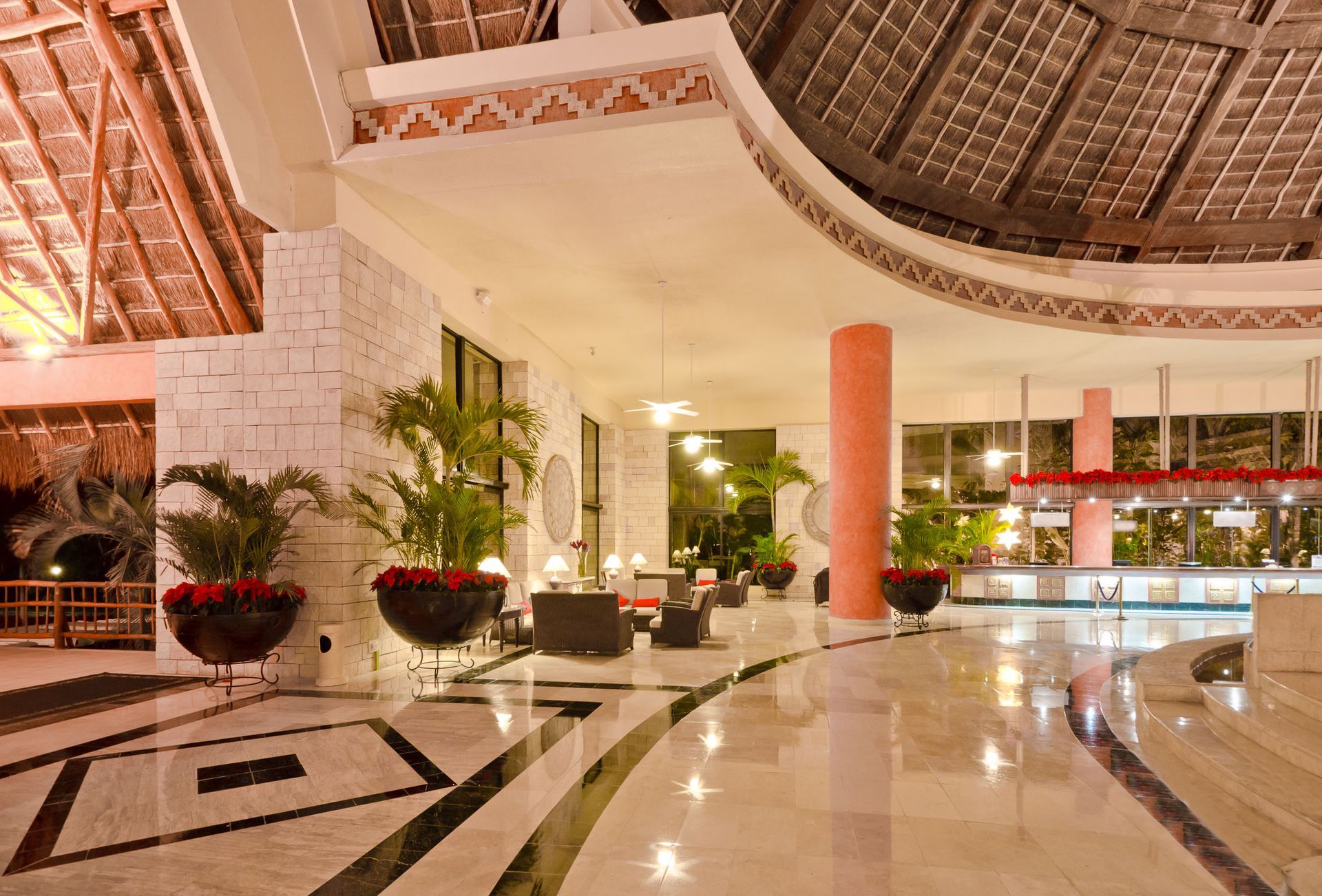
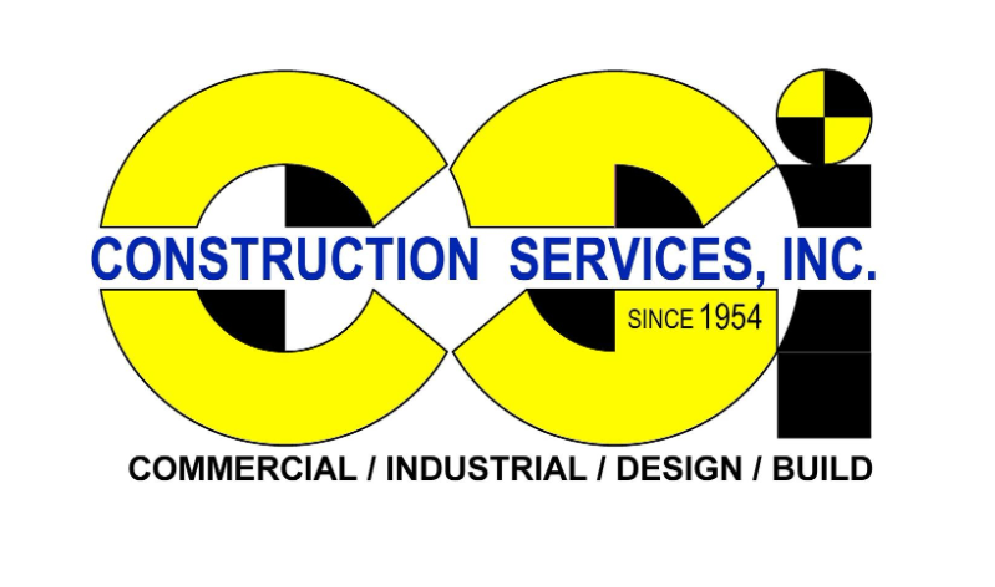
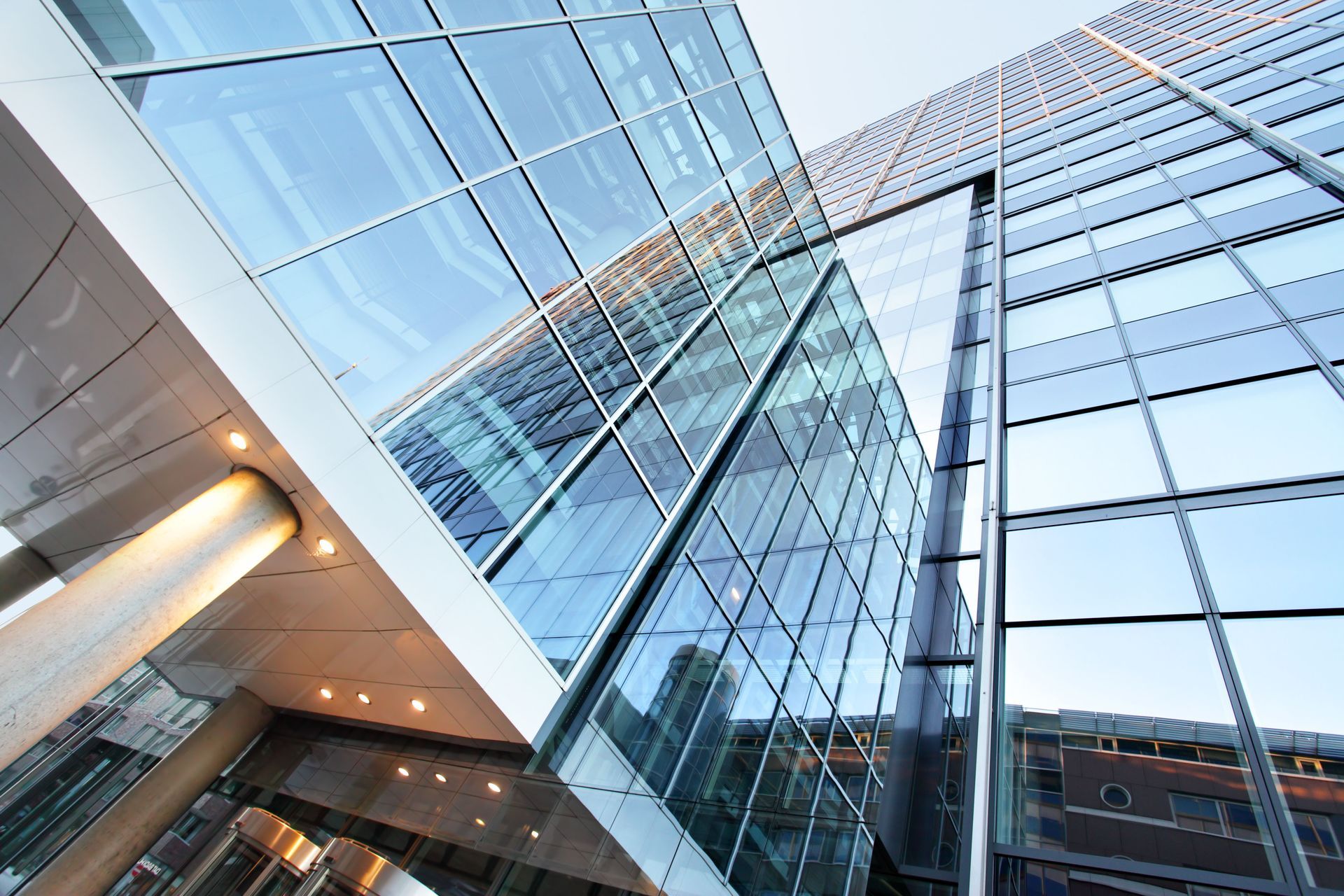
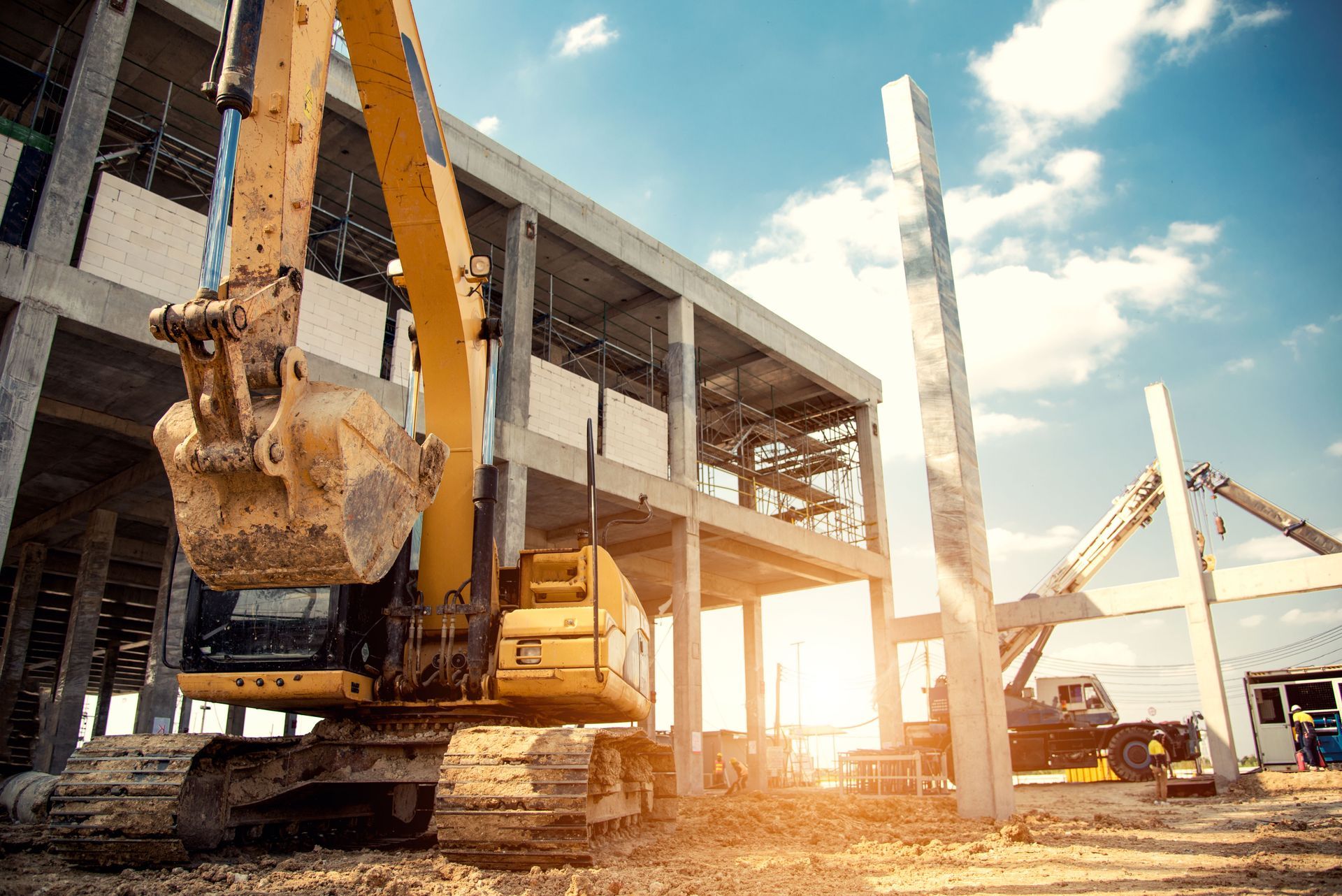
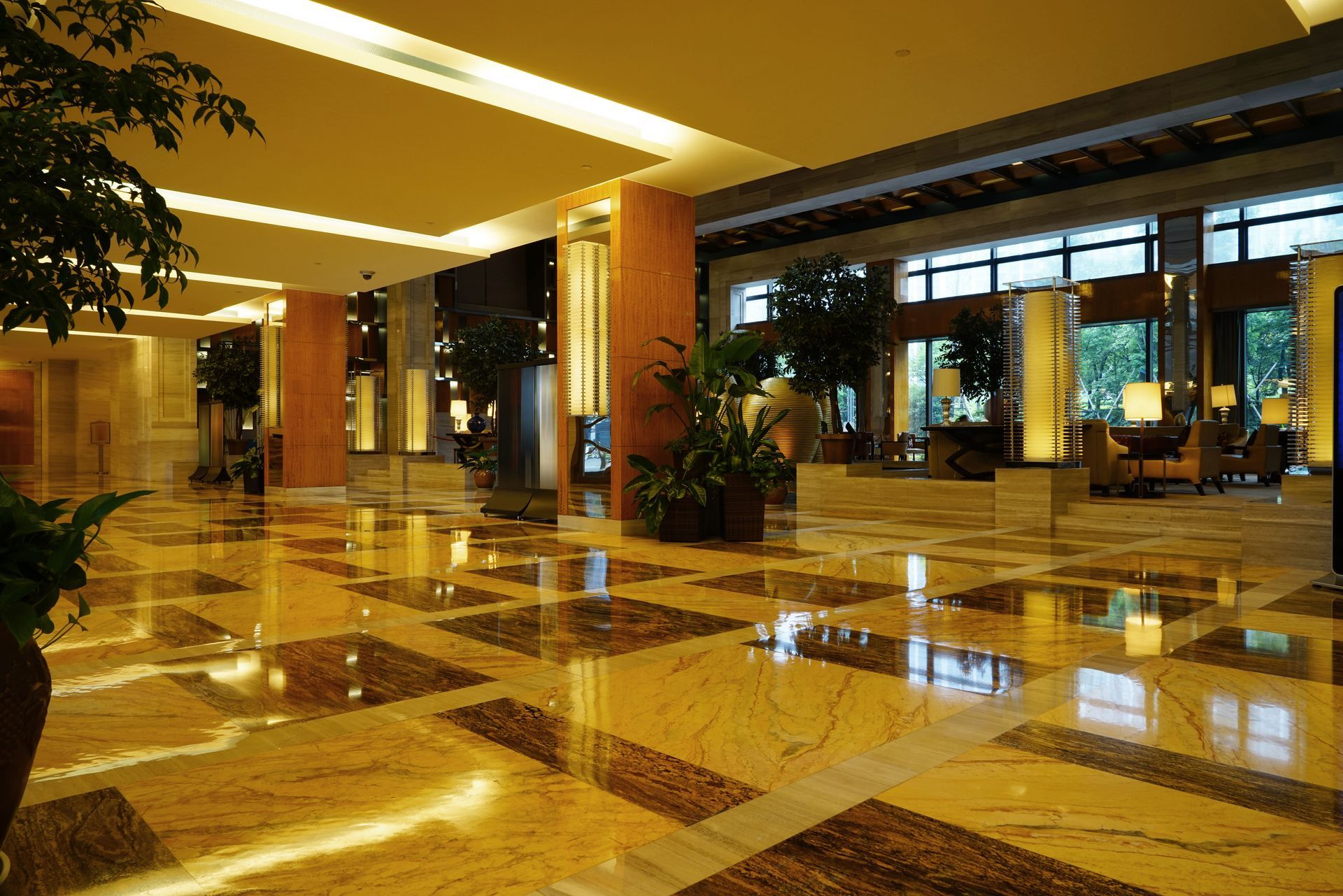
Share On: